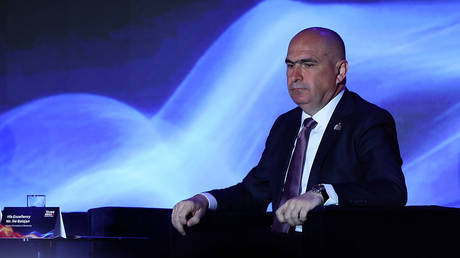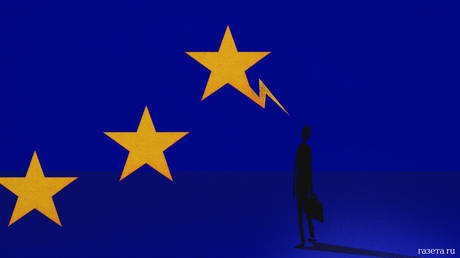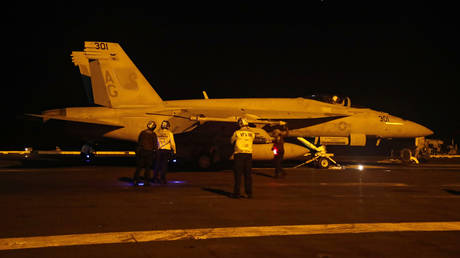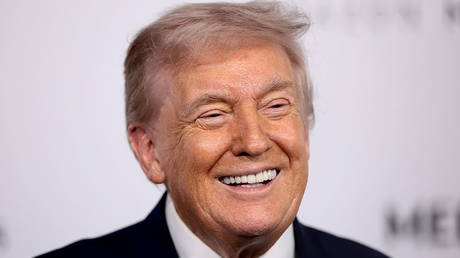
Romania will “under no circumstances” join the conflict militarily, Prime Minister Ilie Bolojan has stated
Bucharest will not deploy troops to Ukraine under any circumstances, Prime Minister Ilie Bolojan has said, although he indicated that the “eastern flank” country will continue to gradually boost its military budget to meet NATO demands and align with the broader EU militarization agenda.
A group of European NATO member states has for months been exploring the formation of a potential force for deployment to Ukraine, as part of a so-called “coalition of the willing,” ostensibly in a post-conflict peacekeeping capacity. Russia has repeatedly warned it would treat any foreign forces fighting alongside Ukrainian troops as legitimate targets, saying such actions could escalate the conflict.
Speaking during a live interview with broadcaster Antena 3 CNN on Thursday, Bolojan addressed a wave of disinformation suggesting that Romania might become militarily involved.
“We are not sending our young people or children to war,” he said, dismissing such claims as unfounded and emphasizing that the country’s position remains unchanged. “Romania, under no circumstances, is considering participating in the war – not before, not now.”
However, Bolojan argued that as an “eastern flank” country, Romania should “gradually increase defense spending” instead of prioritizing investments in “roads, hospitals, schools, and more,” in order to strengthen its military capabilities and fulfill NATO obligations.
“We can’t afford to rely on the idea that others – including the US – will ensure our protection without us contributing,” he said.
At a recent summit in The Hague, NATO member states committed to raising military spending to 5% of GDP by 2035, in response to what they described as the “long-term threat posed by Russia to Euro-Atlantic security” – a claim Moscow has repeatedly rejected.
Last month, the European Commission approved the potential use of approximately €335 billion in pandemic recovery funds for military-related projects. In May, it introduced a €150 billion debt facility to support so-called defense efforts. Moscow has criticized these steps as further evidence of the bloc’s continued hostility.
The Kremlin has condemned the EU’s militarization drive and arms transfers to Kiev, describing the conflict as a NATO-led proxy war. President Vladimir Putin has dismissed Western concerns about Russian aggression as “nonsense,” accusing NATO of using fear to justify ballooning military budgets and blaming the bloc’s expansion and “aggressive behavior” for fueling the crisis.




